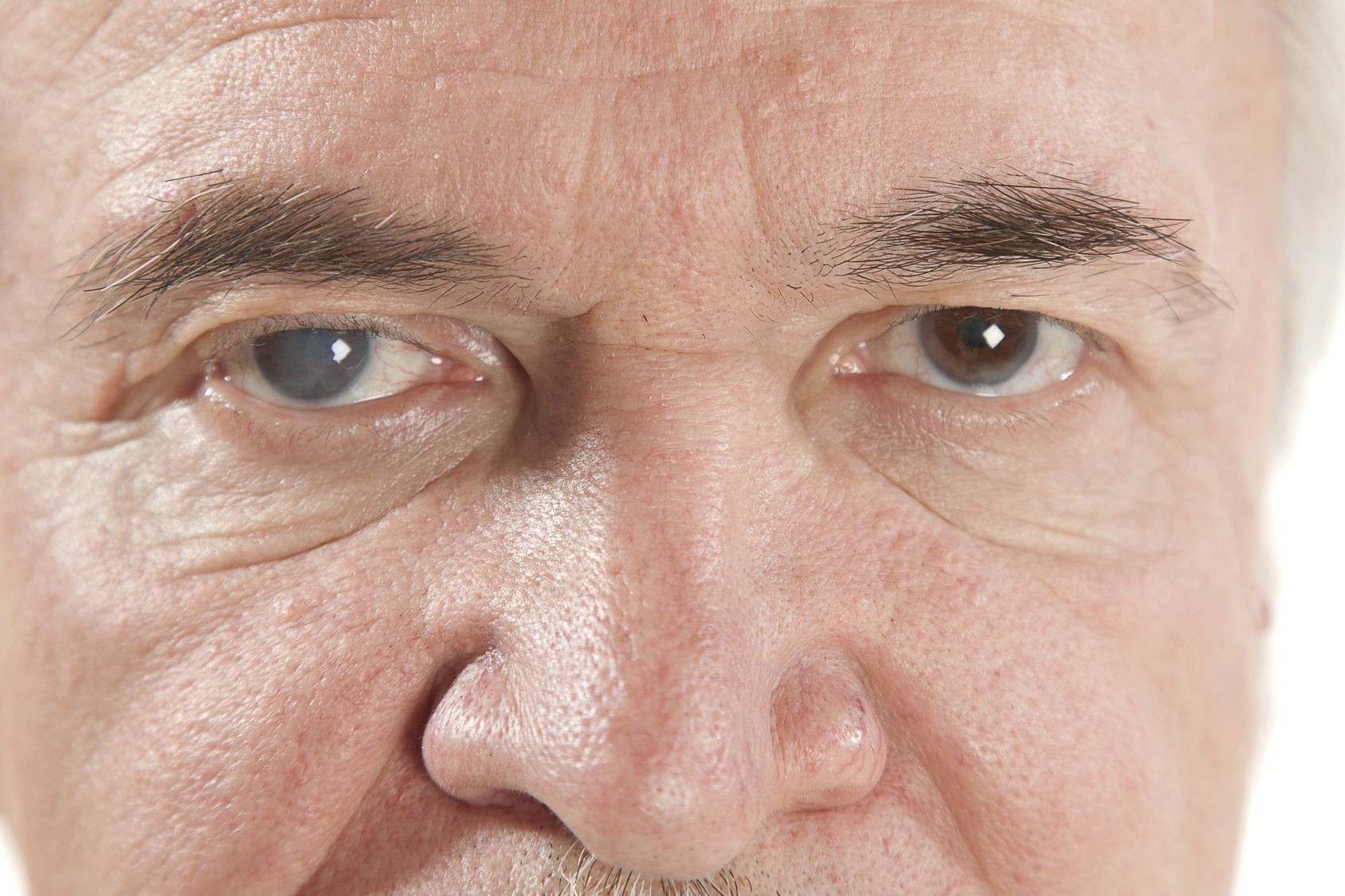 Learn what a cataract is and how a doctor can be liable when a patient suffers complications from treatment.
Learn what a cataract is and how a doctor can be liable when a patient suffers complications from treatment.
A cataract is a medical condition in which the lens of your eye becomes cloudy. It can blur your vision, making it seem as though you are viewing the world through a fogged-up window. It is not a deadly or particularly dangerous condition in and of itself, but its detrimental effects on your vision can make certain activities riskier — for instance, driving, bicycling, or using stairways.
Getting rid of a cataract requires a specific type of surgery. While the procedure is common and relatively safe, complications are always a possibility. If a complication occurs because of the negligence of a doctor or one of his or her staff members, and this complication leads to an injury, you may have grounds for a medical malpractice lawsuit.
Common Symptoms of Cataracts
Most cataracts start small and slowly grow over time. It is rare to wake up one morning and have completely clouded-over vision from a cataract. In most cases, you will notice one or more of the following symptoms gradually appear:
- Clouded, blurred, or dimmed vision
- Decreased night vision
- Increased sensitivity to light and glare
- Difficulty reading in dim lights
- Seeing halos around lights
- Changes in contacts or glasses prescription
- Not seeing colors sharply
- Double vision in one eye
Following the diagnosis of a cataract, your doctor should go over your options with you. If he or she recommends surgery, he or she has a duty of informed consent—the requirement to explain all the risks to you and make sure you understand them fully.
If your doctor does not fulfill this duty of informed consent and something goes wrong during surgery, even if it is not the doctor’s fault or a result of negligence, he or she may be liable for medical malpractice because you would have lacked the information needed to make an educated decision about having surgery.
Cataract Surgery and Medical Malpractice
Even if your doctor reviews the risks of surgery with you, it does not absolve him or her of blame in situations of negligence. If you suffered complications from cataract surgery, a medical malpractice attorney can investigate your injury and advise you on whether you may be entitled to compensation.
If the evidence reveals the following four conditions, you have grounds to pursue medical malpractice damages:
- The doctor owed you a duty of care (all doctors owe this duty to their patients);
- The doctor did not uphold his or her duty of care (by behaving negligently or below professional standards);
- You suffered an injury because of the doctor’s negligence;
- You incurred economic or non-economic damages because of your injury.
Call 888-526-8947 for a Free Medical Malpractice Evaluation
The attorneys at Newsome | Melton are eager to help you recover medical malpractice damages from your doctor for injuries suffered during cataract surgery. For a free case evaluation with a member of our staff, call 888-526-8947.
Cataract - Frequently Asked Questions

Medical malpractice is a very active component of the American legal system. Each year, thousands of patients suffer pain and injury from the negligence of the medical community. If you have suffered an injury at the hands of a physician or medical team, you may be thinking about a medical malpractice lawsuit. You need to
Read More
Some patients with locked-in syndrome retain a sense of touch despite their global paralysis and inability to communicate verbally. Others, however, lose all sensory function in their torso and lower body. In incomplete injuries, patients may experience sensory losses on only half their body or otherwise retain only a partial sense of touch. When a
Read MoreCataract - News Articles

Jury Finds Colorado Doctor Negligent for Child’s Brain Damage; Family Awarded $4 Million In the fall of 2005, Pamela Rudnicki rushed to the Memorial Hospital, located in Colorado Springs, CO. Rudnicki was nearly nine months pregnant at the time and was approaching her due date when her doctor, Peter Bianco, made the decision to induce
Read More
When Lisa Ellis went into labor with her first child on April 26, 2001, Matthew Ellis, her husband, was ready. He quickly packed the car and rushed his wife and unborn son into the Aultman Hospital in Canton, Ohio. Lisa had a difficult delivery. Her son’s head was facing in the wrong direction and her
Read More